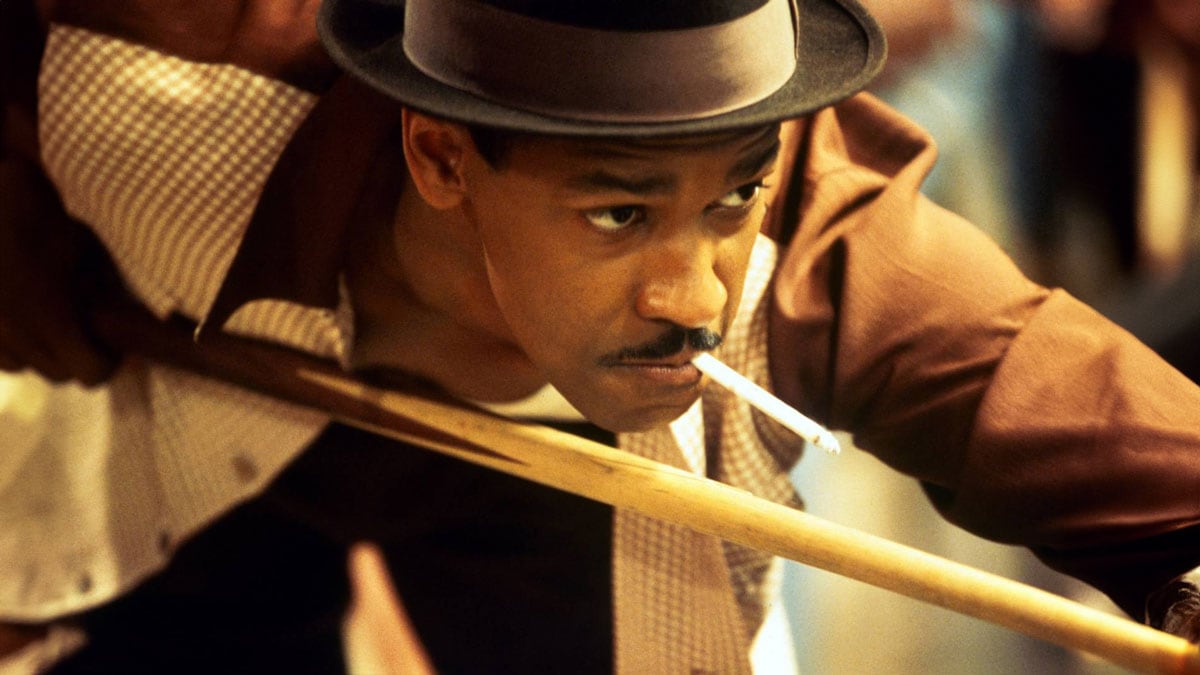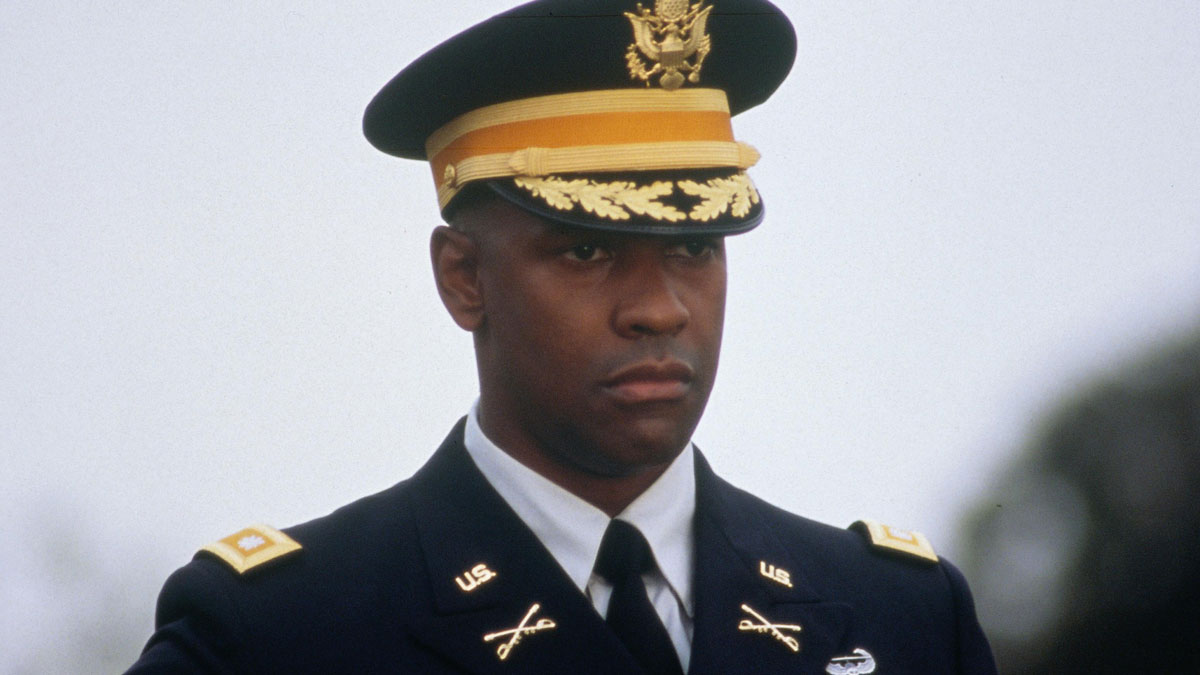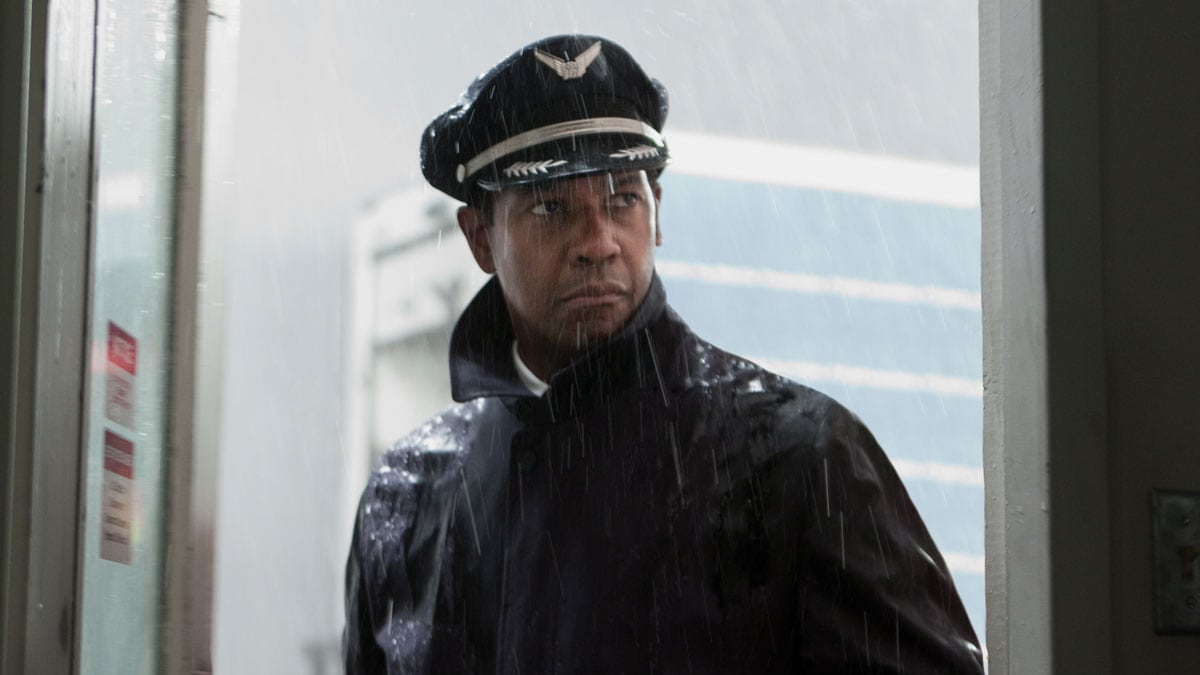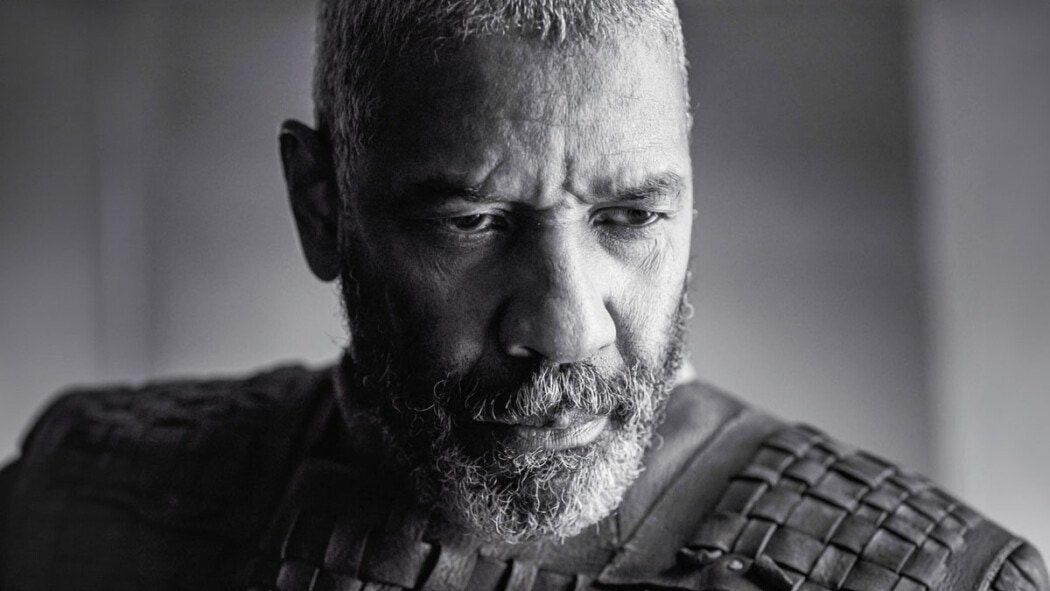The casting of Denzel Washington in an upcoming historical epic has sparked a heated debate, highlighting the complexities of representation and historical accuracy in cinema. Washington, renowned for his powerful performances in films like Training Day and The Equalizer series, is set to portray the legendary Carthaginian general Hannibal, a decision that has turned heads and raised questions.
According to Le Monde, the controversy primarily stems from Washington’s casting as Hannibal, which has been met with mixed reactions in Tunisia, where the historical figure is revered. The debate has escalated to the point of political discussion, with the case reaching the Tunisian parliament, underscoring the sensitivity surrounding the portrayal of historical figures in film.
The Heart of the Denzel Washington Casting Controversy

Credit: TriStar Pictures
READ MORE: Will Scream 7 Be Cancelled After All The Controversy?
Age and Ethnicity at the Forefront
The primary concerns raised by Tunisians include Washington’s age and the portrayal of Hannibal as a Black African. This depiction contrasts with the general perception of Hannibal in Tunisia, leading to a broader discussion about historical representation and artistic license in cinema.
Political and Cultural Implications
The controversy has taken a political turn, with Tunisian MP Yassine Mami expressing concerns about the “risk of falsification of history” and “defending Tunisian identity”. These statements reflect the deep cultural significance of Hannibal in Tunisia and the sensitivity around his portrayal in international media.
The Filmmakers’ Perspective

Credit: Twentieth Century Fox
READ MORE: National Treasure 3 Release Date, Cast, Plot, Theories & Predictions
Artistic License in Historical Films
Addressing the controversy, the Minister of Cultural Affairs, Hayet Ketat Guermazi, emphasized the film’s nature as a piece of fiction, defending the filmmakers’ right to cast as they see fit. This stance highlights the ongoing debate between historical accuracy and artistic interpretation in the film industry.
Potential Benefits for Tunisia
Despite the controversy, there is a positive outlook on the film’s potential to bring attention to Tunisia. The Minister expressed hope that the Denzel Washington-led production would feature Tunisia’s stunning landscapes, potentially boosting film and tourism in the country.
Final Thoughts on Denzel Washington casting controversy

Credit: Paramount Pictures
READ MORE: Ahsoka Season 2 Release Date, Cast, Plot, Theories & Predictions
The casting of Denzel Washington as Hannibal in the upcoming historical epic is not just a matter of cinematic choice; it represents a broader dialogue about the intersection of art, history, and cultural identity. This controversy sheds light on the delicate balance filmmakers must strike between historical fidelity and creative storytelling. While some argue for strict adherence to historical records, others advocate for the artistic freedom to reimagine and reinterpret historical figures, especially in a medium as subjective and expressive as film.
The debate over Washington’s portrayal of Hannibal transcends the boundaries of the film industry, touching upon deeper issues of racial and cultural representation. It raises critical questions about who gets to depict historical figures, how they are portrayed, and the impact these portrayals have on collective memory and national identity. In countries like Tunisia, where historical figures like Hannibal are woven into the national fabric, their representation in global media is not just a matter of artistic interpretation but of cultural pride and historical legacy.
Moreover, this controversy highlights the evolving nature of global cinema, where diverse perspectives and narratives are increasingly coming to the forefront. As the film industry becomes more inclusive and international, the stories it tells are subject to greater scrutiny and varied interpretations. This situation with Denzel Washington’s casting in a historical epic about Hannibal is a microcosm of this larger shift, reflecting the growing pains of an industry grappling with its role in a rapidly changing world.
In conclusion, the discourse surrounding Washington’s role as Hannibal is a reflection of the ongoing conversation about representation, diversity, and historical accuracy in the arts. It underscores the need for sensitivity and awareness in portraying figures who hold significant cultural and historical importance. As the film industry continues to navigate these complex waters, it is clear that such debates will remain integral to its evolution, challenging filmmakers and audiences alike to reconsider their perceptions of history, culture, and the power of cinema.
What do you make of this news? Are you still looking forward to watching Denzel play Hannibal in this upcoming movie?
There’s still no release date for this Hannibal historical epic.














